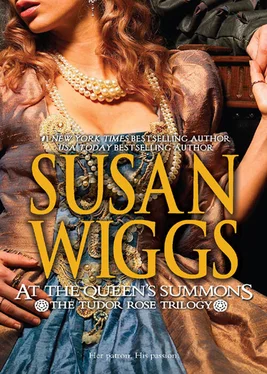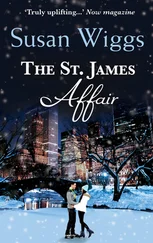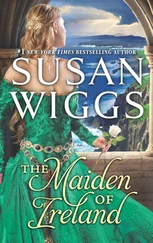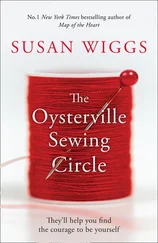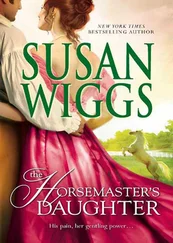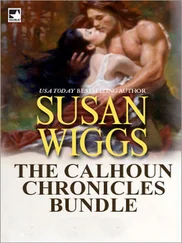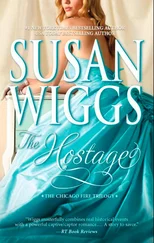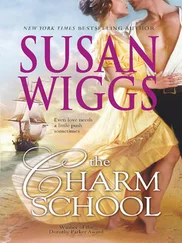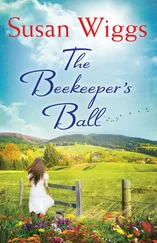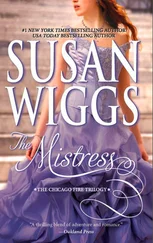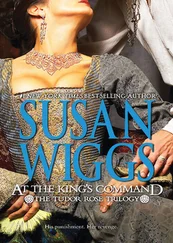Leicester nodded and stroked his narrow beard. “That would be most appreciated, my lord of Castleross.”
The constable looked at the Moor’s huge escort. The members of the escort glared back, and the constable smiled nervously.
The Moor turned and addressed his fierce servants in a tongue so foreign, so unfamiliar, that Pippa did not recognize a single syllable of it. That was odd, for she had a keen and discerning ear for languages.
The skin-clad men marched out of the churchyard and clumped down Paternoster Row. The lad who served as stirrup runner led the big horse away. The Moor took hold of Pippa’s arm.
“Let’s go, a storin,” he said.
“Why do you call me a storin?”
“It is an endearment meaning ‘treasure.’”
“Oh. No one’s ever called me a treasure before. A trial, perhaps.”
His lilting accent and the scent of the wind that clung in his hair and mantle sent a thrill through her. She had never been rescued in her life, and certainly not by such a specimen as this black-haired lord.
As they walked toward the low gate linking St. Paul’s with Cheapside, she looked sideways at him. “You seem rather nice for a Moor.” She passed through the gate he held open for her.
“A Moor, you say? Mistress, sure and I am no Moor.”
“But you said you were Aidan, the O Donoghue Moor.”
He laughed. She stopped in her tracks. She earned her living by making people laugh, so she should be used to the sound of it, but this was different. His laughter was so deep and rich that she imagined she could actually see it, flowing like a banner of dark silk on the breeze.
He threw back his great, shaggy head. She saw that he had a full set of teeth. The eyes, blazing blue like the hearts of flames, drew her in with that same compelling magic she had felt earlier.
He was beginning to make her nervous.
“Why do you laugh?” she asked.
“Mór,” he said. “I am the O Donoghue Mór. It means ‘great.’”
“Ah.” She nodded sagely, pretending she had known all along. “And are you?” She let her gaze travel the entire length of him, lingering on the more interesting parts.
God was a woman, Pippa thought with sudden certainty. Only a woman would create a man like the O Donoghue, forming such toothsome parts into an even more delectable whole. “Aside from the obvious, I mean.”
Mirth still glowed about him, though his laughter had ceased. He touched her cheek, a surprisingly tender gesture, and said, “That, a stor, depends on whom you ask.”
The light, brief touch shook Pippa to the core, though she refused to show it. When people touched her, it was to box her ears or send her packing, not to caress and comfort.
“And how does one address a man so great as yourself?” she asked in a teasing voice. “Your Worship? Your Excellency?” She winked. “Your Hugeness?”
He laughed again. “For a lowly player, you know some big words. Saucy ones, too.”
“I collect them. I’m a very fast learner.”
“Not fast enough to stay out of trouble today, it seems.” He took her hand and continued walking eastward along Cheapside. They passed the pissing conduit and then the Eleanor Cross decked with gilded statues.
Pippa saw the foreigner frowning up at them. “The Puritans mutilate the figures,” she explained, taking charge of his introduction to London. “They mislike graven images. At the Standard yonder, you might see real mutilated bodies. Dove said a murderer was executed Tuesday last.”
When they reached the square pillar, they saw no corpse, but the usual motley assortment of students and ’prentices, convicts with branded faces, beggars, bawds, and a pair of soldiers tied to a cart and being flogged as they were conveyed to prison. Leavening all the grimness was the backdrop of Goldsmith Row, shiny white houses with black beams and gilt wooden statuary. The O Donoghue took it all in with quiet, thoughtful interest. He made no comment, though he discreetly passed coppers from his cupped hand to the beggars.
From the corner of her eye, Pippa saw Dove and Mortlock standing by an upended barrel near the Old ’Change. They were running a game with weighted dice and hollow coins. They smiled and waved as if nothing had happened, as if they had not just deserted her in a moment of dire peril.
She poked her nose in the air, haughty as any grande dame, and put her grubby hand on the arm of the great O Donoghue. Let Dove and Mort wonder and squirm with curiosity. She belonged to a lofty nobleman now. She belonged to the O Donoghue Mór.
Aidan was wondering how to get rid of the girl. She trotted at his side, chattering away about riots and rebels and boat races down the Thames. There was precious little for him to do in London while the queen left him cooling his heels, but that did not mean he needed to amuse himself with a pixielike female from St. Paul’s.
Still, there was the matter of his knife, which she had stolen while groveling at his hem. Perhaps he ought to let her keep it, though, as the price of a morning’s diversion. The lass was nothing if not wildly entertaining.
He shot a glance sideways, and the sight of her clutched unexpectedly at his heart. She bounced along with all the pride of a child wearing her first pair of shoes. Yet beneath the grime on her face, he could see the smudges of sleeplessness under her soft green eyes, the hollows of her cheekbones, the quiet resignation that bespoke a thousand days of tacit, unprotesting hunger.
By the staff of St. Brigid, he did not need this, any more than he had needed the furious royal summons to court in London.
Yet here she was. And his heart was moved by the look of want in her wide eyes.
“Have you eaten today?” he asked.
“Only if you count my own words.”
He raised one eyebrow. “Is that so?”
“No food has passed these lips in a fortnight.” She pretended to sway with weakness.
“That is a lie,” Aidan said mildly.
“A week?”
“Also a lie.”
“Since last night?” she said.
“That I am likely to believe. You do not need to lie to win my sympathy.”
“It’s a habit, like spitting. Sorry.”
“Where can I get you a hearty meal, colleen?”
Her eyes danced with anticipation. “Oh, there, Your Greatness.” She pointed across the way, past the ’Change, where armed guards flanked a chest of bullion. “The Nag’s Head Inn has good pies and they don’t water down their ale.”
“Done.” He strode into the middle of the road. A few market carts jostled past. A herd of laughing, filthy children charged past in pursuit of a runaway pig, and a noisome knacker’s wagon, piled high with butchered horse parts, lumbered by. When at last the way seemed clear, Aidan grabbed Pippa’s hand and hurried her across.
“Now,” he said, ducking beneath the low lintel of the doorway and drawing her inside. “Here we are.”
It took a moment for his eyes to adjust to the dimness. The tavern was nearly full despite the early hour. He took Pippa to a scarred table flanked by a pair of three-legged stools.
He called for food and drink. The alewife slumped lazily by the fire as if loath to bestir herself. In high dudgeon, Pippa marched over to her. “Did you not hear His Lordship? He desires to be served now.” Puffed up with self-importance, she pointed out his rich mantle and the tunic beneath, decked in cut crystal points. The sight of a well-turned-out patron spurred the woman to bring the ale and pasties quickly.
Pippa picked up her wooden drinking mug and drained nearly half of it, until he rapped on the bottom. “Slowly now. It won’t sit well on an empty stomach.”
“If I drink enough, my stomach won’t care.” She set down the mug and dragged her sleeve across her mouth. A certain glazed brightness came over her eyes, and he felt a welling of discomfort, for it had not been his purpose to make her stupid with drink.
Читать дальше
